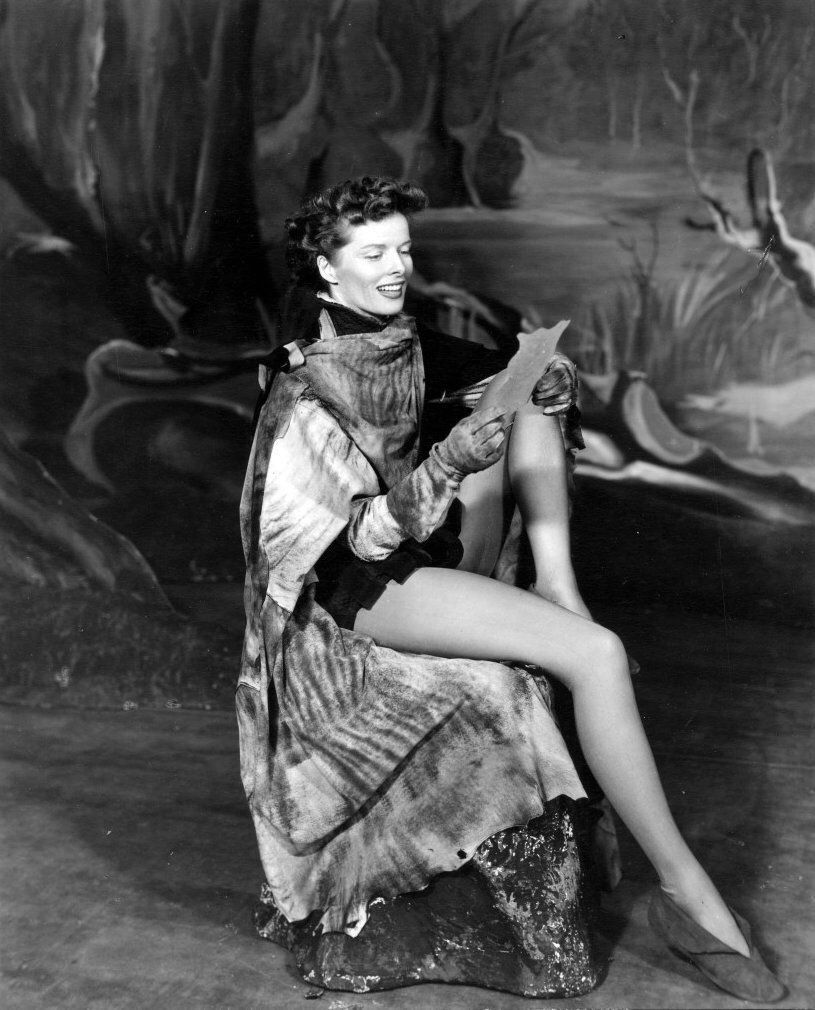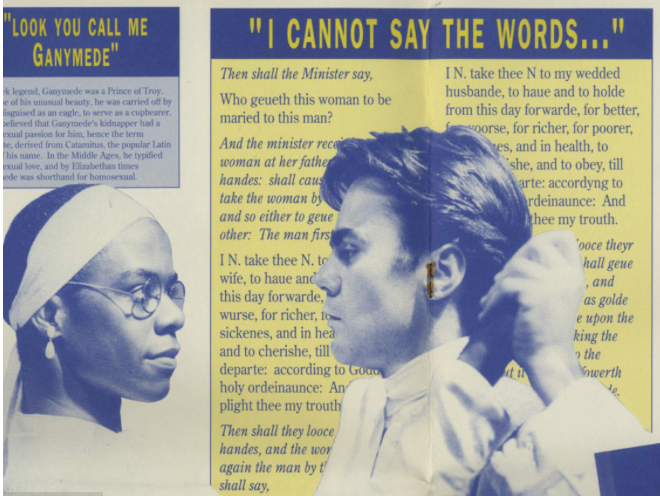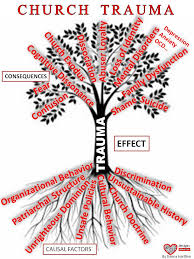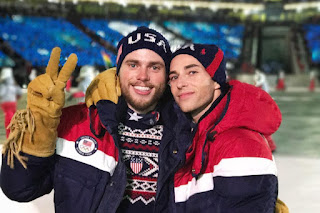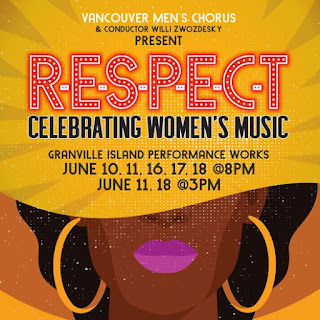Like selecting a team of Olympic athletes, VMC chooses our repertoire through a labouriously competitive yet collaborative process. Under the direction of our elected Board of Directors, the “Concert Planning Committee” confirms the performance schedule and selects each concert’s overall theme. The “Music Selection Committee” generates an exhaustive list of potential songs, artists, and sub-themes. Then the Section Representatives and other volunteers on the Music Selection Committee gather for a series of wine-infused meetings where they haggle over their favourites. Lucky songs on the bubble end up in one of VMC’s celebrated medleys.
Our incomparable conductor Willi Zwozdesky founded VMC forty-one years ago. Willi quietly nudges the entire music selection process forward, then works with our stable of arrangers to create a program of mostly bespoke songs, each written for VMC’s voices. Talented choreographers and dancers from the chorus add pizzazz. Ultimately Willi shapes all this material into an entertaining and powerful concert.
Willi has always endeavoured to include women’s voices as part of VMC’s mission. Nevertheless, an entire concert with the theme of “Celebrating Women’s Music” presented unique challenges for a bunch of gay men.
The original music selection process for “R-E-S-P-E-C-T” occurred more than three years ago, just before I became a fulltime single parent. As it happened, this was the only time during my tenure with VMC when my complicated personal schedule permitted me to attend meetings of the Music Selection Committee. Even though none of my suggestions made it into the show, I was fascinated by the collaborative process. (Because we were in Canada, the process was pronounced “PRO-sess,” not “PRAH-sess.”)
We barely began rehearsing the music the Music Selection Committee chose for “R-E-S-P-E-C-T” before Covid arrived in March 2020. During the pandemic we gathered remotely on Zoom, and created a couple of one-off video concerts. It wasn’t the same and it wasn’t enough.
Meanwhile, delaying performances of “R-E-S-P-E-C-T” until 2022 gave our arrangers extra time to finish medleys with titles like “Girl Groups,” “He Had It Coming,” “Great Shoes,” and “The Empowerment Medley.” During the pandemic, VMC President Yogi Omar discovered Rina Sawayama’s song “Chosen Family” and championed its inclusion in “R-E-S-P-E-C-T.” “Chosen Family” became the emotional heart of the concert.
An evening of gay men singing songs by and about women requires a little extra context. Willi therefore asked for volunteers to introduce several of the numbers with personal stories about their connection to the songs. I was one of three singers who introduced “Chosen Families” at our performances over the first two weeks in June.
Paul told about how he and his husband Gerry moved to Vancouver from the U.K. and found a home with the chorus. Two years ago, Gerry died of cancer in Paul’s arms, surrounded by friends from VMC. Yogi’s story is about how he came from Indonesia to Vancouver at age 18 knowing only two words in English. His biological family had given him two months to choose between “stop being gay” and leaving the country. Now Yogi is a pillar of the arts and queer communities, and President of VMC.
I introduced “Chosen Family” at three of VMC’s performances of “R-E-S-P-E-C-T.” Rather than use notes, I spoke directly to the audience as if it were a stand-up set. At our first Saturday matinee, I told the story of becoming an adoptive father, then a single father, then a PFLAG father. My speech was a success by the most important measures: I made it to the end without a PTSD meltdown, and numerous people said “I never knew you were so funny, but I hate you for making me cry.”
One of the soloists complimented me after my presentation at the matinee. “But could you make it a little longer at the show tonight?” He explained that his partner is one of the dancers, and they needed a little more time for his costume change before they sang “Chosen Family.”
While preparing for the evening performance, I wondered what else to say. I jealously admired Paul’s remarks on opening night, because in addition to telling the story of Gerry’s death and the loss of their “romantic” family, Paul also drew an elegant parallel between the support of his “chosen” and “biological” families. I was already covering “chosen” and “adoptive.” Wouldn’t it be cool if I added “biological” too – like landing a triple axel?
As I wrote in “True Story,” I looked down and saw my rainbow “PFLAG LOVES YOU” wristband. I’m not just a PFLAG father, I’m a PFLAG son, too. So I decided to acknowledge my mother by telling the story of how I got my wristband.

When I added a few sentences about my PFLAG mother to my original stand-up script, the evening audience saw me losing my balance. We all paused for a moment. But I wasn’t scared, because I felt the support of everyone around me. I made it to the end with only a bit of a stammer. It was like pulling off a triple axel but with a little too much spin, and not quite sticking the landing.
Before it was my turn to speak again the following week, I had time to revise the story of being blessed with the best chosen/adopted/biological family ever. Here’s the final version, which the VMC audience heard the third and last time I introduced “Chosen Family”:
When I was a kid, one of my friends was teased about being adopted. I remember her telling the bully “Your parents had to take you, but my parents chose me.”
Thirty years later, my partner and I had the opportunity to adopt a baby girl, who we named Eleanor. Next we adopted Rosalind and then Oliver from the foster system. My daughters are now 17, and my son is 13. Several years ago my ex disappeared from the picture. So I’m a single parent raising three kids alone.
My children are the best thing that ever happened to me. But as the saying goes, It Gets Better.
During middle school, my daughter Rosalind came out to me in a text. Actually two texts. The first said “Papa, just letting you know I've been going to the Queer Student Alliance after school.” Her second text said “Don't make a big deal about it.”
This month is Pride. One morning last week my daughters and I went into Starbucks on the way to school. Rosalind slipped this rainbow wristband on me. It says “PFLAG LOVES YOU.” “PFLAG” stands for “Parents & Friends of Lesbians and Gays.” They’d left a bunch of these wristbands at Starbucks in a rainbow-trimmed basket for Pride.
In contrast with my daughter Rosalind, I was a late bloomer in every possible way. I was twenty-three before I kissed a girl, twenty-six before I kissed a boy, and thirty-one before I came out to my parents, rather than 13 like Rosalind.
Actually I attempted to come out when I was thirty, and my first boyfriend moved in with me. The next time my parents visited the apartment in Seattle, they saw that I’d moved my bed to the larger bedroom where my roommate used to be. When we got to my old bedroom there was just a desk. My father asked, “Where does Josh sleep?” I swear I started to say, “With me, of course,” but my mother interrupted me to say “Look, the futon folds down.”
A year later, we finally had “the talk.” I drove up to see my parents in Bellingham, where they’ve lived in the same house for the last 40 years. I told them I was gay, that Josh was my boyfriend, and I’d quit my miserable corporate lawyer job in Seattle so I could move to Chicago and be professional homosexual. I became a gay rights lawyer with the American Civil Liberties Union.
I had five amazing years in Chicago with the ACLU (and a couple of okay years with my first boyfriend). Meanwhile, back in Bellingham, my mother joined the board of our local PFLAG chapter. She served for the next twenty-five years. She sewed the fifty-foot rainbow flag they carry in the Pride Parade. As I told Rosalind at Starbucks last week, my mother made the rainbow basket where my daughter found my PFLAG wristband. Even before I adopted my children, I was already blessed with the best family anyone could have chosen.
Last weekend was the high school’s first Prom since Covid. Both of my daughters went. Eleanor looked radiant in a sequined Marilyn Monroe dress next her to cute nerdy boyfriend. Rosalind looked awkward but completely herself in one of my tux jackets. Rosalind and her goth girlfriend rode to the Prom in a lesbian classmate’s car, together with my daughter's gay boi best friend – a classic skinny twink, with Timothée Chalamet hair.
The morning after Prom, I went into Rosalind’s room and found the four of them asleep on her king-sized bed – three lesbians and a twinkie, half naked and all intertwined. It looked like the dancers’ dressing room backstage.
Our next song is by Rina Sawayama. She’s a young queer singer-songwriter who was born in Japan and raised in Britain. You may have seen the video of her singing a duet with Elton John of this song, which is called “Chosen Family.”
I had to wait and grow up and join a gay chorus before I found my chosen family. As a PFLAG son and father, I’m thrilled my daughter is already finding hers. Please enjoy hearing our chosen family share Rina Sawayama’s message.

After the evening show, fellow tenor Xavi congratulated me on landing the triple axel. Xavi knew I was going for it because he saw me practicing the night before at PumpJack. (The cute couple on a date at PumpJack also saw me talking to myself, and moved further away from the table with the crazy person.)
When my mother read the final script she complained about my recycling the futon joke. She’s embarrassed she didn’t realize I was gay for so long. I told her I didn’t realize I was gay, either. My father sees people more clearly than the two of us.
Our incomparable accompanist Stephen Smith reported that he didn’t tear up the third time he heard the story. I confessed I didn’t weep this time either. Adding an extra anecdote provided more of a safety net for my tight wire act. It also sacrificed some of the shared immediacy the audience, chorus, and I felt the first two times I spoke. Every live performance is a unique communal moment. Even with a little more emotional safety net, I could tell the audience was moved.
The next day one of the baritones said my speech made him cry. Hugh hadn’t heard me speak before because he was out of town at a wedding. I told him he would probably have cried even more if he’d been there the week before. Hugh said it was probably for the best – because he had to sing the “Chosen Family” solo right after I spoke. I was so relieved to be finished I didn’t notice it was him singing.
Tell me your story and I'll tell you mine
I'm all ears, take your time, we got all night
Show me the rivers crossed, the mountains scaled
Show me who made you walk all the way here
“Chosen Family,” by Rina Sawayama
At the cast party, Willi saluted everyone who contributed to making “R-E-S-P-E-C-T” a smashing post-covid success. He thanked all of us who introduced songs, but told folks we shouldn’t expect another concert with forty minutes of spoken word any time soon. This year, however, our stories were essential. In addition to placing the examples of “women’s music” chosen by the Music Selection Committee in a respectful context, these stories also helped VMC’s fragmented community reconnect after two years of isolation.
VMC President Yogi underscored what everyone already recognized: the theme of the concert turned out to be our chosen family. The song “Chosen Family” itself came as a powerful quiet moment before our extravagant finale, which was a Lady Gaga/Madonna mashup that involved everyone dancing, even me. “Chosen Family” was proceeded by a Girl Group medley that started with the Andrews Sisters. We ended the medley with the dancers strutting to “We Are Family” by Sister Sledge, before segueing to “Wings” by Little Mix:
We don’t let nobody bring us down
No matter what you say, it won’t hurt me
Don’t matter if I fall from the sky
These wings are made to fly.
The audience leapt up for an early standing ovation as they recognized the message of “R-E-S-P-E-C-T”: Empowerment and Sisterhood.

In our differing introductions to “Chosen Family,” Paul and I added the twists of our “romantic,” “biological,” and “adoptive” families. In contrast, Yogi focused entirely on how his chosen family gave him an incandescent smile – like a figure skater with one amazing move.
As gay men, it’s not enough to come out of the closet and find our tribe. I hear it’s not even enough to find romantic love. Whether we’ve been out (or married) for months, years, or decades, we also need to find, create, and sustain our chosen families. I was personally blessed with an amazing biological and adoptive family. But I would not have made it safely here without the chosen family I found in Windy City Gay Chorus, Seattle Men’s Chorus, and now Vancouver Men’s Chorus.
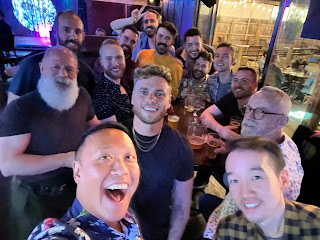 |
Behind Yogi’s smile: gay Olympian Gus Kenworthy joining VMC from across the bar at our cast party |
The cast party gave me a rare opportunity for casual socializing. A group of new tenors asked if I planned to move back to Vancouver fulltime after the girls graduate from high school next year. I told them the story of when my children decided they also want to move to Vancouver eventually.
PAPA: Because I don’t have dual citizenship like my younger brothers, we’ll probably need to find me either a job or a husband in Canada.
ELEANOR: Hmm. You’d better work on your resume.
The tenors helpfully began pointing out single guys across the room, and asking whether I think they’re cute. I reminded them I’m still recovering from PTSD and social anxiety, and barely over face blindness. I sheepishly confessed that after six years in VMC, I’ve still never been on a date or kissed anyone I met at chorus, and only seen any of them naked during bawdy skits at Retreat.
My VMC brothers are so Canadian and nice. They offered to help me finally find my “romantic” family. But you’ll have to wait a while for me to live, then write, “Quadruple Axel.”
















